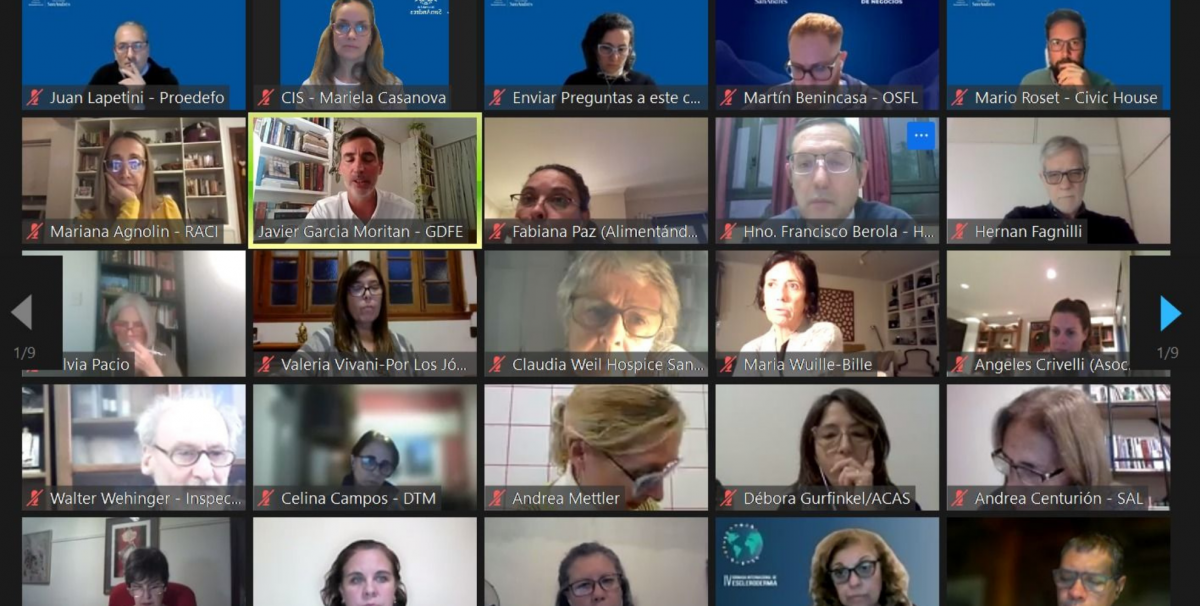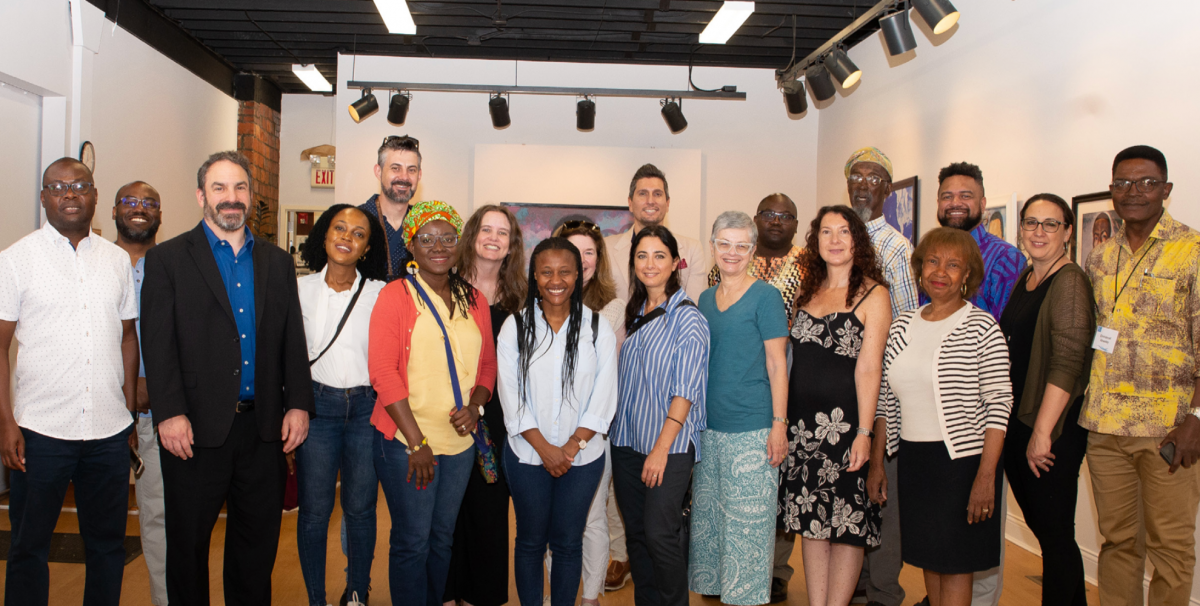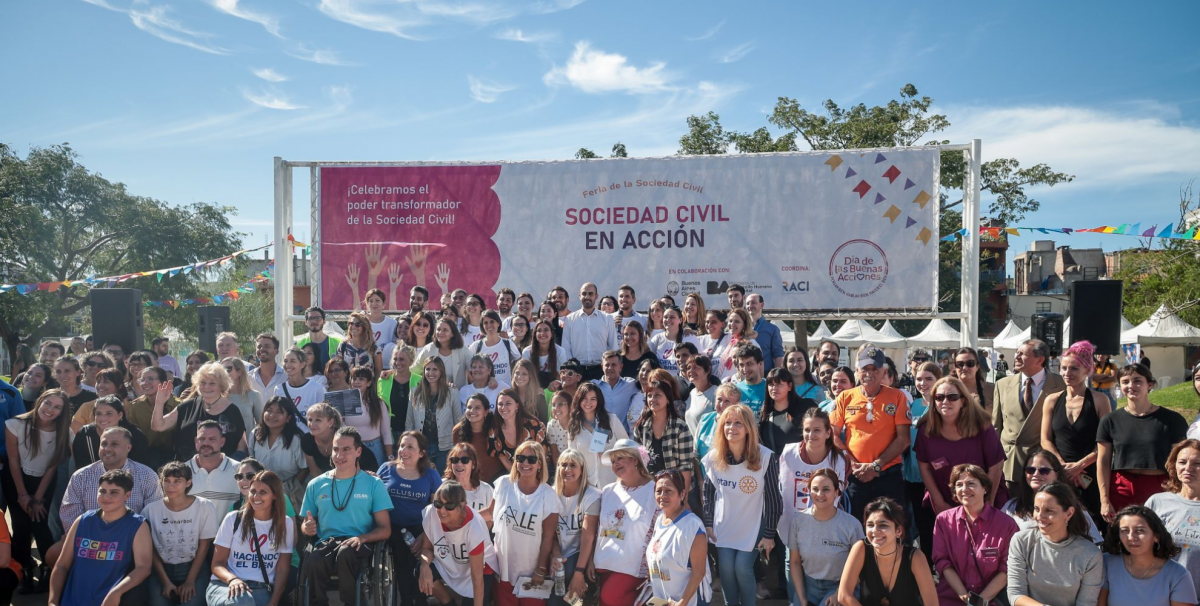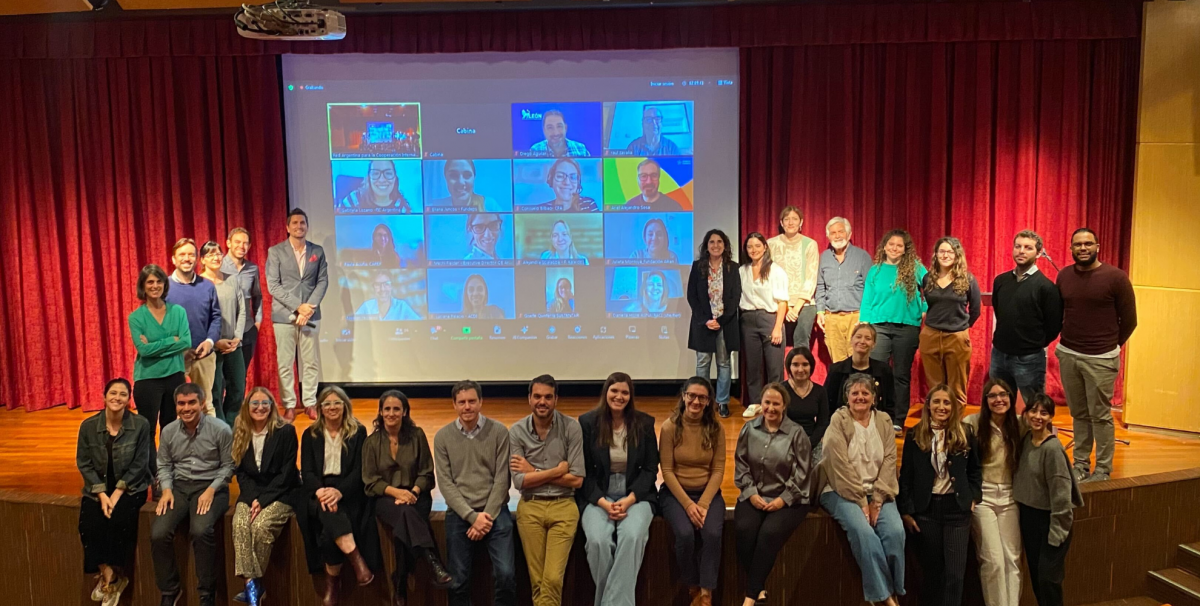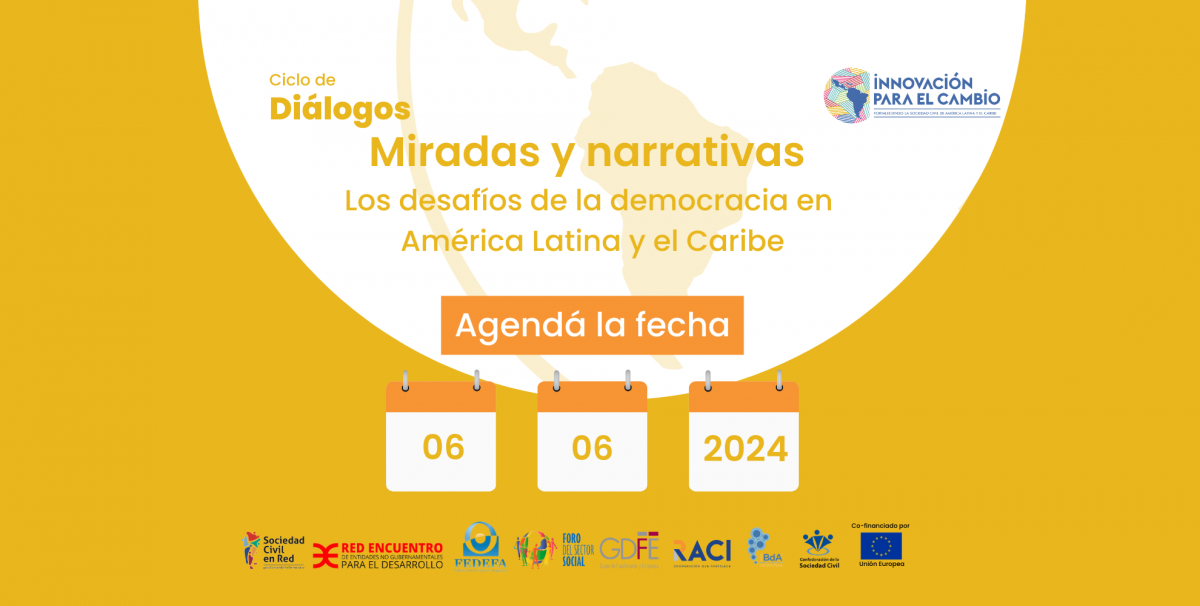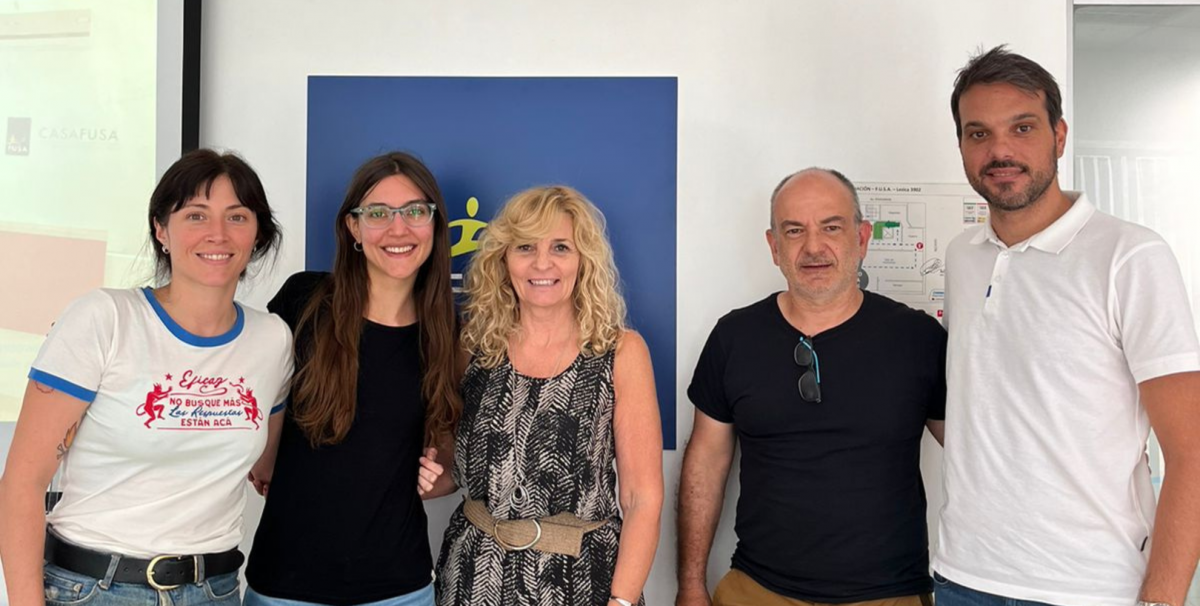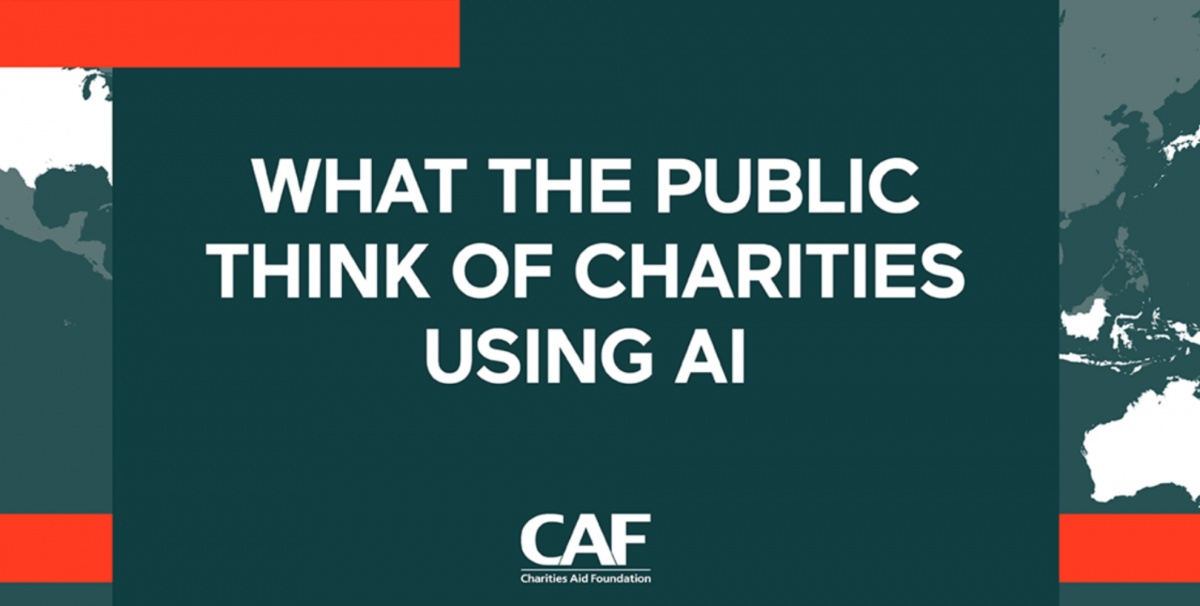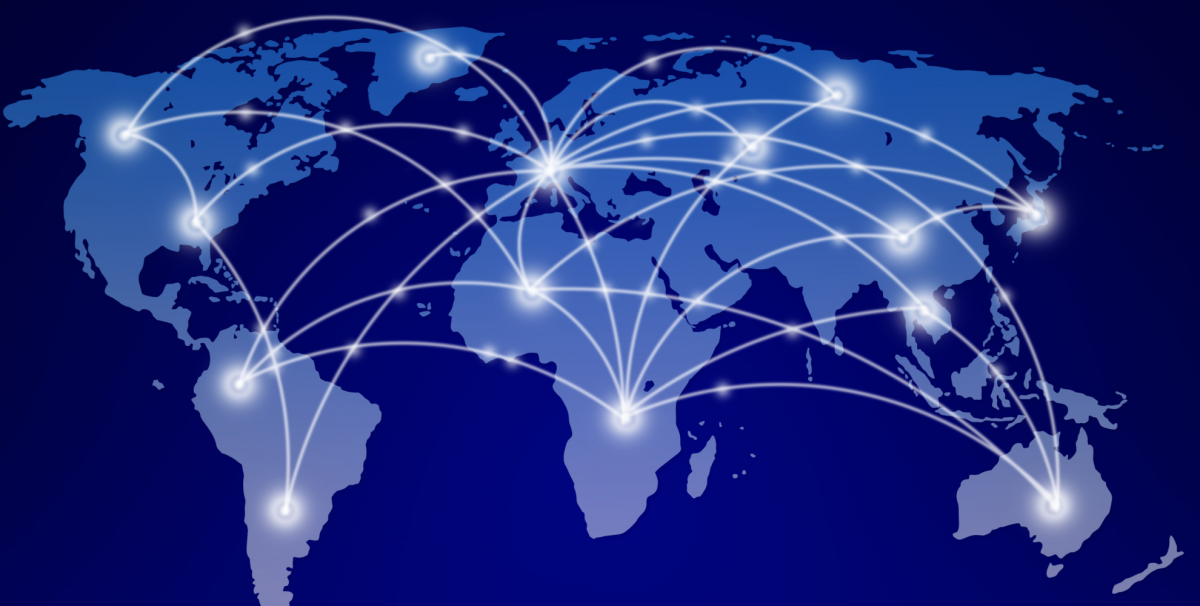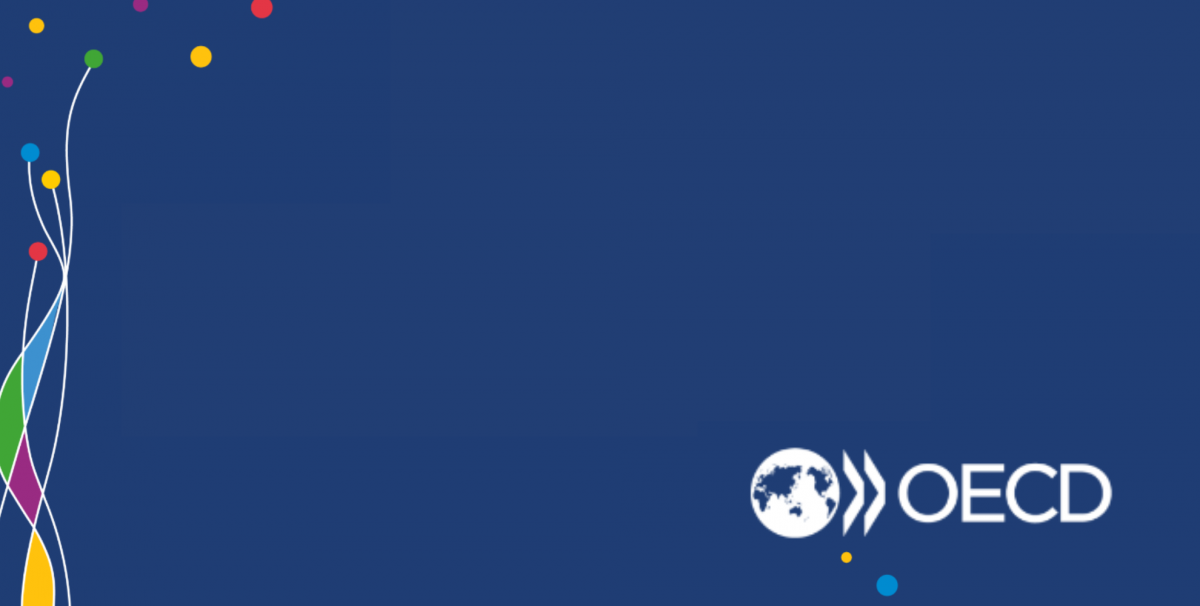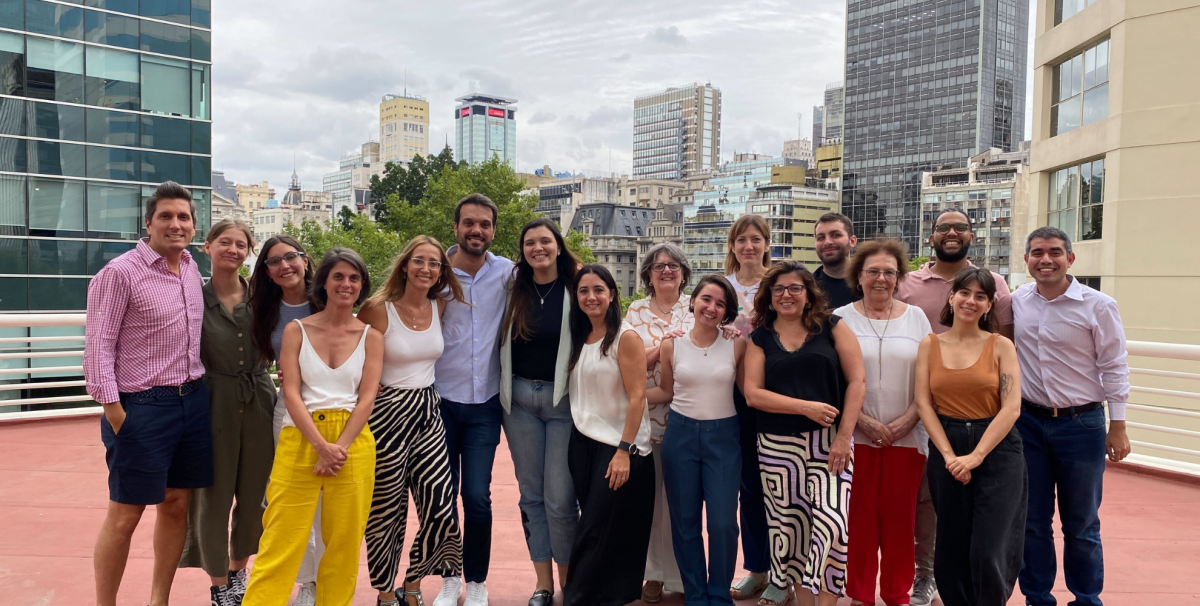On Thursday, April 25th, Mariana Agnolin, Projects Director at RACI, was invited to participate as a distinguished panelist in an open seminar on the challenges of fundraising development for the year 2024, aimed at Civil Society Organizations (CSOs) in Argentina.
The event, which brought together prominent figures in the field, featured Javier García Moritán from the Group of Foundations and Companies (GDFE), Andrea Imbroglia from AEDROS, and Mario Roset from Donar Online, with moderation by Juan Lapetini from the Executive Fundraising Development Program (PROEDEFO) Management Team, and concluding remarks by Gabriel Berger, director of CIS UdeSA and PROEDEFO.
This seminar is part of the launch of the IV edition of the Executive Fundraising Development Program (PROEDEFO), organized by CIS UdeSA with the support of the Postgraduate Program in Management and Administration of Social Organizations, AEDROS, and Donar Online.
Throughout the day, the discussion revolved around three key questions:
- What are the main challenges facing fundraising development in Argentina?
- What opportunities do social organizations have today to develop their resources?
- What strategies are being used to address these challenges in this macroeconomic environment?
Participation in this panel was crucial to enriching the debate and offering valuable perspectives on the current landscape and future prospects of fundraising development for CSOs in Argentina.
Access the recording in spanish here.

